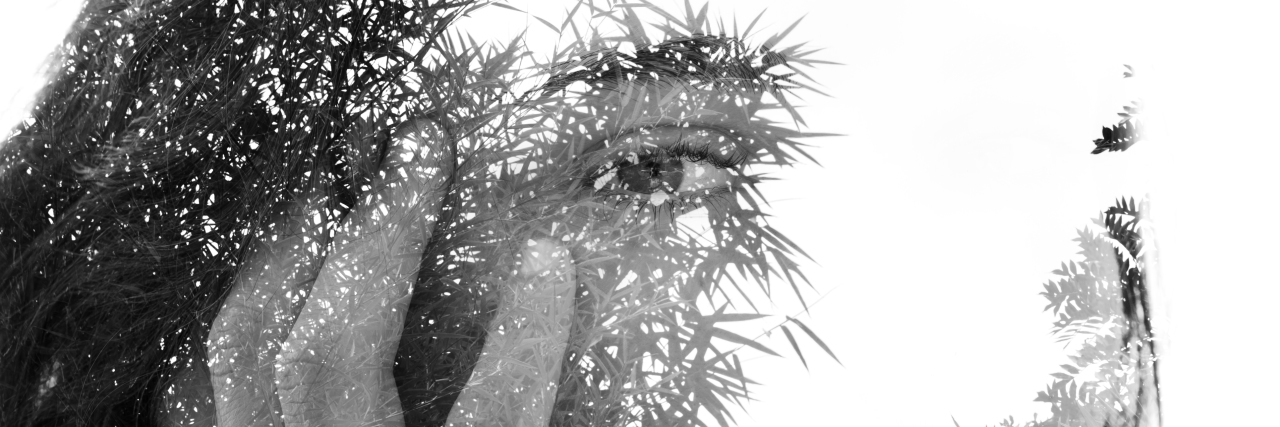As someone who has lived with a chronic illness their whole life, I have mastered the art of being a “high-functioning” disabled member of society. It was only until recently that I could use the term disabled and myself in the same sentence. It just seemed so… Wrong? But being 26 and living with arthritis since I was 2 years old, I have finally accepted the fact that I will be disabled the rest of my life.
If you were to look at me, you would have no idea that every time I take a step, a sharp pain goes down my left knee. You would have no idea that if I miss a dose of my medicine, my whole body just aches and brings me to tears. With that being said, there are some things I want you to know about some of us invisibly disabled members of society.
People like myself pay a price that healthy members of society do not have to. We look just like you and make you believe that we are just like you, but in reality we are not like you at all.
You see me at my full time job just trying to climb the corporate ladder, but you don’t see the pure exhaustion of going non-stop and trying my best to keep up with the demanding workload. No one sees how exhausting it is just getting out of bed and walking up the stairs to get ready for the day. You don’t see how I have used up all my “sick” days and we are only halfway through the year.
You see my Snapchats of the doctor’s office, but you don’t see the $2,000 bill. You don’t see how at times I feel I am a burden to my husband. You definitely don’t see the 40+ doctor visits in the past 12 months.
You see me at the grocery store picking out dinner for the week ahead, but you don’t see the fear running through my mind wondering if I am going to have the strength to cook dinner three or four times this week. Will I be strong enough to stand in the kitchen after already working eight-plus hours every day? Not to mention cooking the same thing week after week because there is no way I have the strength left to try something new.
You see me at the gym, struggling to do a push up and think I am just really out of shape. You don’t see my swollen fingers and wrists from trying to push myself too hard again. You don’t see how swollen my knees and ankles are after doing just 30 minutes of drills.
You see me out for drinks with my friends, but you don’t see the price I pay the next day trying to get out of bed.
You don’t see the steroids I take every day to be able to function. You don’t see the muscle relaxers or the pain pills, and you surely do not see the cancer-grade infusion I receive every month. You don’t see the side effects that have become my everyday life. You see the weight I’ve gained and tell me I should eat better, but you don’t see the steroids that have caused the weight gain and how hard it is on my body to try to shed it. You don’t see the hallucinations the muscle relaxers give me in the middle of the night, but they are the only thing that helps me get a decent night’s rest, so stopping is not an option.
You don’t see the extremely messy and chaotic house I don’t have the energy to clean. Simple tasks like running the vacuum and cleaning the bathroom cause my body extreme pain. Even loading and unloading the dishwasher sometimes hurts my back. You don’t see the three months’ worth of laundry that just sits there because walking up and down the steps hurts to even think about.
You don’t see the anxiety that rushes through my body every time you mention something about having kids. You don’t see the consequences of getting pregnant while being on some of the drugs I am currently on. You don’t understand the bedrest that would become my reality shortly after becoming pregnant.
Most people with invisible disabilities don’t want to be looked at differently, but the truth is we are different and you will only know the version of ourselves that we choose to show you. When we tell you we are in pain, we are not doing it for pity or to get out of something, we are telling you because we need to be understood and heard. Just because we only let you see our good days, doesn’t mean we don’t have bad ones we don’t let you see.
Getty image by Victor Tongdee.

